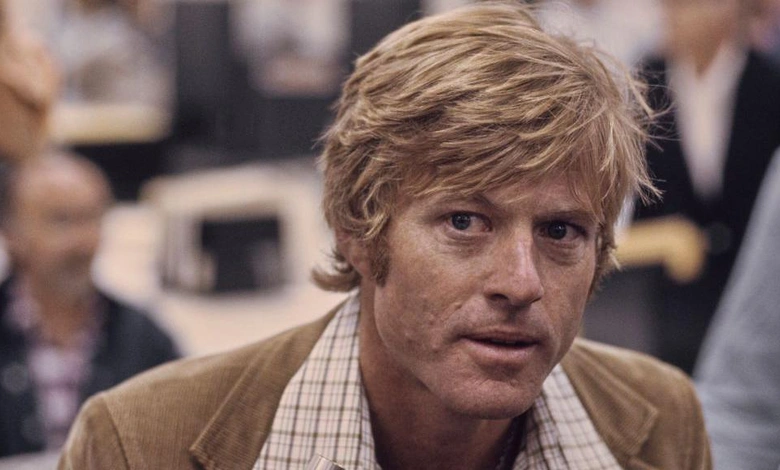Robert Redford, Hollywood’s Reluctant Heartthrob and Indie Pioneer, Passes Away at 89

Robert Redford, the magnetic actor who evolved into an acclaimed director and passionate advocate for environmentalism and independent cinema, died early Tuesday at his Utah home. He was 89.
The news emerged from the mountains near Provo, confirmed by Cindi Berger, chief executive of the publicity firm Rogers & Cowan PMK. Berger noted in a statement that Redford passed peacefully in his sleep, surrounded by loved ones in the landscape he cherished, though she did not specify a cause.
Redford’s career stood out for its resistance to Hollywood’s superficial tendencies. He insisted on substance in his projects, channeling his considerable fame to draw wide audiences to weighty themes such as personal loss and governmental deceit. Far from the typical blockbuster star, he embraced complex narratives laced with melancholy, mirroring the personal hardships that shaped his life, including the early death of his mother during his teenage years.
His acting highlights spanned eras and genres. In the 1969 Western “Butch Cassidy and the Sundance Kid,” Redford embodied a charming outlaw navigating the end of an era alongside Paul Newman. The 1976 thriller “All the President’s Men” cast him as journalist Bob Woodward, whose dogged investigation into the Watergate scandal toppled President Richard M. Nixon; Redford himself leveraged his influence to adapt the book by Woodward and Carl Bernstein for the screen. He portrayed a vulnerable CIA operative in the 1975 suspense film “Three Days of the Condor,” and earned his sole Oscar acting nod for the 1973 con-artist tale “The Sting,” set amid the Great Depression.
Redford’s versatility made him a go-to leading man for studios across comedies, dramas, and action pieces. Marketed often as a symbol of allure, his romantic roles gained depth from powerhouse co-stars: Jane Fonda in the 1967 rom-com “Barefoot in the Park,” Barbra Streisand in the poignant 1973 drama “The Way We Were,” and Meryl Streep in the 1985 epic “Out of Africa.”
As critic Pauline Kael observed in The New Yorker, “Redford has never been so radiantly glamorous as when we saw him through Barbra Streisand’s infatuated eyes.”
Transitioning to directing in his mid-40s, Redford debuted with the 1980 family drama “Ordinary People,” earning an Academy Award for best director. The film delved into a privileged household unraveling after a child’s death, echoing the unspoken sorrow Redford experienced in his youth. “Ordinary People” also secured Oscars for best picture and two other categories.
Beyond the camera, Redford championed causes close to his heart. He became a vocal steward for the environment, warning against ecological threats through documentaries and activism. His founding of the Sundance Institute in 1981 revolutionized filmmaking, nurturing bold voices outside the studio system via its annual film festival, now a global beacon for innovation.
Redford’s legacy endures in a filmography that blended commercial success with artistic integrity, inspiring generations to demand more from entertainment. His off-screen efforts ensured cinema remained a force for reflection and reform, leaving an indelible mark on both the industry and the world.




